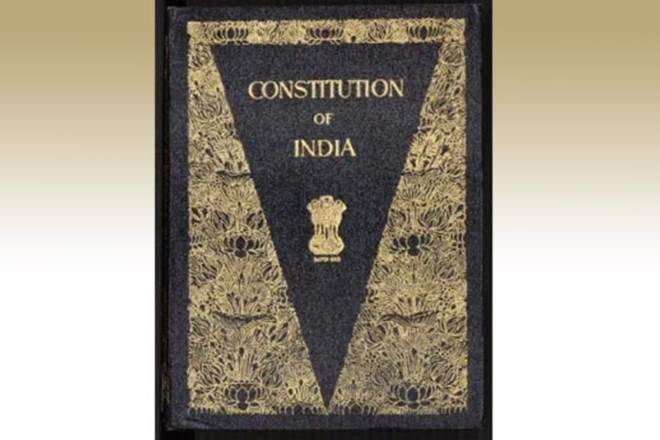The High Courts, under Article 227 of the Constitution, have little scope to interfere with the orders of the subordinate Courts as a matter of routine. This power cannot be taken as right of another appeal to the aggrieved party nor can this power be invoked to point out an error of law or fact in the order or decision of a subordinate Court as held by the Hon’ble High Court of J&K and Ladakh through a learned bench of Justice Ali Mohammad Magrey in the case of Shahid Ahmad Lone & Ors. Vs Sonaullah Shah [CM(M) No.139/2021 CM No.6285/2021].
By medium of a Petition, filed under Article 227 of the Constitution of India, the Petitioners in the Suit had assailed the validity of Order dated 26th of August, 2021 passed by the Court of learned Munsiff, Kupwara in the Suit filed by the Respondent herein titled ‘Sonaullah Shah v. Shahid Ahmad Lone & Ors.’, in terms whereof the learned trial Court has temporarily restrained the Petitioners from causing any sort of interference with regard to the possession and construction of residential house over the suit property measuring 01 Kanal and 10 Marlas covered under Survey No. 2024 situate at Awoora.
Learned Counsel for the Petitioners/ Defendants submitted that the impugned Order passed by the learned Court below is without jurisdiction in view of the fact that the Suit property is situated in village Awoora, which village falls under the jurisdiction of the Court of learned Sub-Judge, Trehgam. It is further submitted that by passing the impugned Order, which is interim in nature, the learned trial Court has virtually granted the whole relief in favour of the Plaintiff/ Respondent that was prayed in the main Suit.
After hearing the learned counsels, the Hon’ble High Court, at the very outset, stated that the High Courts, under Article 227 of the Constitution, have little scope to interfere with the orders of the subordinate Courts as a matter of routine. This power cannot be taken as right of another appeal to the aggrieved party nor can this power be invoked to point out an error of law or fact in the order or decision of a subordinate Court. It, also, cannot be used to make out that the decision of the subordinate Court could have been or must have been other than what it actually was. The High Court, in exercise of its power under Article 227 of the Constitution, ordinarily shows indulgence in the Orders passed by the Tribunals or Courts subordinate to it only to keep such Tribunals or Courts within the bounds of their authority, the object being to ensure that law is followed by such Tribunals and Courts in exercising jurisdiction which is vested in them.
In conclusion, the Hon’ble court relied on a landmark judgment rendered in case titled ‘Shalini Shyam Shetty v. Rajendra Shankar Patil’ to state that “The Order impugned passed by the learned trial Court has not resulted in any gross and manifest failure of justice nor has there been any illegality or perversity committed by the Court below while passing the impugned Order. Besides, the Order passed by the learned trial Court is only interim in nature and subject to Objections from the other side, therefore, in such circumstances, the Petitioners/ Defendants, instead of filing the present Petition before this Court under Article 227 of the Constitution, ought to have filed an application before the learned trial Court seeking vacation/ modification/ alteration of the Order impugned.”
Click here to read the Judgment
Judgment Reviewed by – Aryan Bajaj


